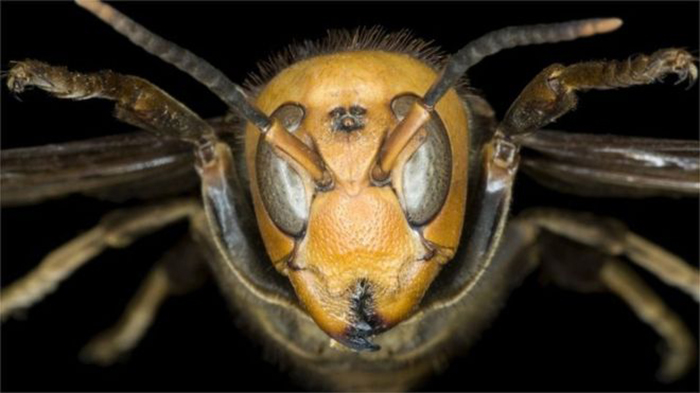The UN suggests that "edible insects" could provide a sustainable source of nutrition for a growing population.
The findings have been sent to the European Commission, which requested the EFSA risk assessment.
The report produced by a working group convened by the EFSA scientific committee, compiled a report that assessed "potential biological and chemical hazards, as well as allergenicity and environmental hazards,
associated with farmed insects used in food and feed taking into account the entire chain, from farming to the final product".
It concluded that for biological and chemical hazards of using farmed insects for human consumption and in animal feed, the risks were dependent upon the form of husbandry being employed.
It observed: "The specific production methods, the substrate used, the stage of harvest, the insect species, as well as the methods used for further processing will all have an impact on the possible presence of biological and chemical contaminants in insect food and feed products."
As for the environmental risk posed by large-scale insect farming, the authors said it was expected to be comparable with other animal production systems.
They wrote: "The adoption of existing waste management strategies should be applicable for managing waste from insect production.
"Assessment of the individual production systems will determine the precise strategy to be adopted on a case by case basis."
The UN Food and Agriculture Organization (FAO) has been investigating the role "edible insects" can play in terms of increasing food and nutrition security in people`s diet.
It observed: "Trends towards 2050 predict a steady population increase to nine billion, forcing an increased food/feed output from available agro-ecosystems resulting in an even greater pressure on the environment.
"Scarcities of agricultural land, water, forest, fisheries and biodiversity resources, as well as nutrients and non-renewable energy are foreseen.
The FAO identified insects as a source of "high quality protein" and other nutrients, and had a "food conversion rate", meaning yields from harvesting insects required lower levels of inputs, such as feed and water.
It estimated that more than 1,900 species of insects are consumed on a regular basis by people around the world.
However, it is expected that the demand for mini-livestock within the EU will be limited to relatively few species, such as flies, moths, mealworms and crickets/locusts.
In its request to the EFSA, the Commission`s Health and Consumers Directorate acknowledged that insects only accounted for a very small niche market in the EU but was aware that interest was growing.
EFSA scientific officer Tilemachos Goumperis said the initial assessment focused on identifying potential risks and hazards posed by insect farming and did not consider the issue of food and nutrition security.
He told BBC News that the working group identified a number of gaps in available data in a number of areas, such as human consumption, animal and pet consumption, viruses and allergens.
The report recommended: "Further research for better assessment of microbiological and chemical risks from insects and feed including studies on the occurrence of hazards when using particular substrates, like food waste and manure, is recommended."
More about:
















































